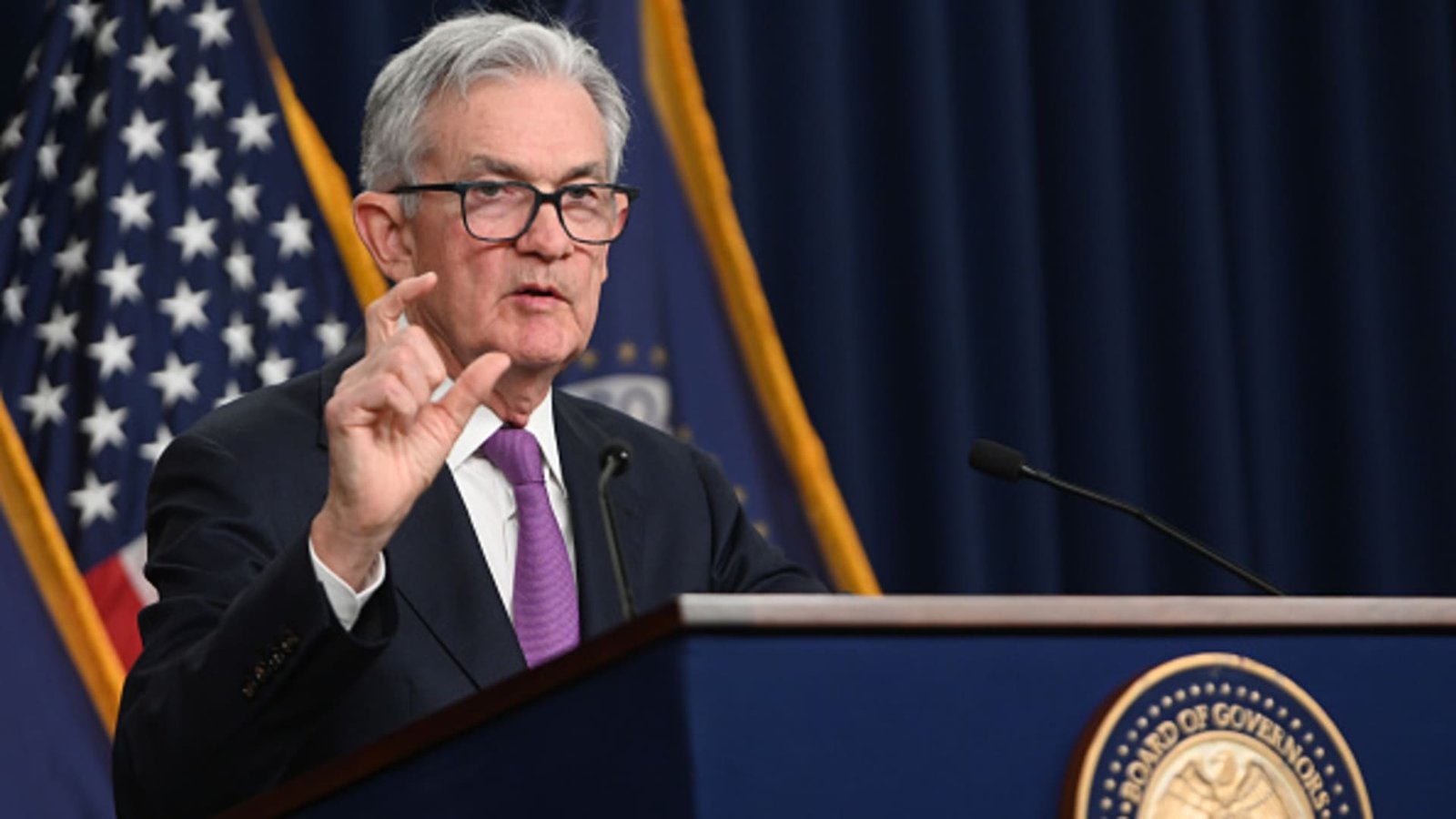Euro zone inflation fell to a three-year low of 2.2% in August, according to preliminary data from Eurostat released on Friday. This decline, from 2.6% in July, aligns with the expectations of economists surveyed by Reuters. The core inflation rate, which excludes volatile components like energy, food, alcohol, and tobacco, also decreased to 2.8% in August from 2.9% in July, in line with Reuters’ poll.
Following the announcement, the euro weakened against the pound, trading 0.1% lower at 0.8408 pounds. Against the U.S. dollar, the euro edged up by 0.04% to $1.1083 as investors anticipated a rate cut from the Federal Reserve in September as part of its monetary easing measures.
In Germany, the largest economy in the euro area, price increases moderated more than anticipated to 2% for the month on a harmonized basis. ING economists predict that core inflation in the euro zone will likely remain above 2.5% for the remainder of the year due to persistent pressures in goods and services.
Market expectations are for the European Central Bank (ECB) to reduce interest rates by 25 basis points in September, following a rate cut in June, with another 25 basis point cut anticipated before the year ends. Analysts, such as Kyle Chapman from Ballinger Group, highlighted concerns for ECB policymakers, particularly regarding services inflation at 4.2%, indicating limited progress in addressing underlying inflationary pressures.
Ed Smith, co-chief investment officer at Rathbones Asset Management, emphasized the likelihood of further rate cuts by the ECB, citing ECB President Christine Lagarde’s focus on wage inflation. Smith pointed out a decline in euro zone-wide negotiated wages in the second quarter and other indicators suggesting falling wage intentions, although some stickiness in price components may influence cautiousness among ECB voting members.




